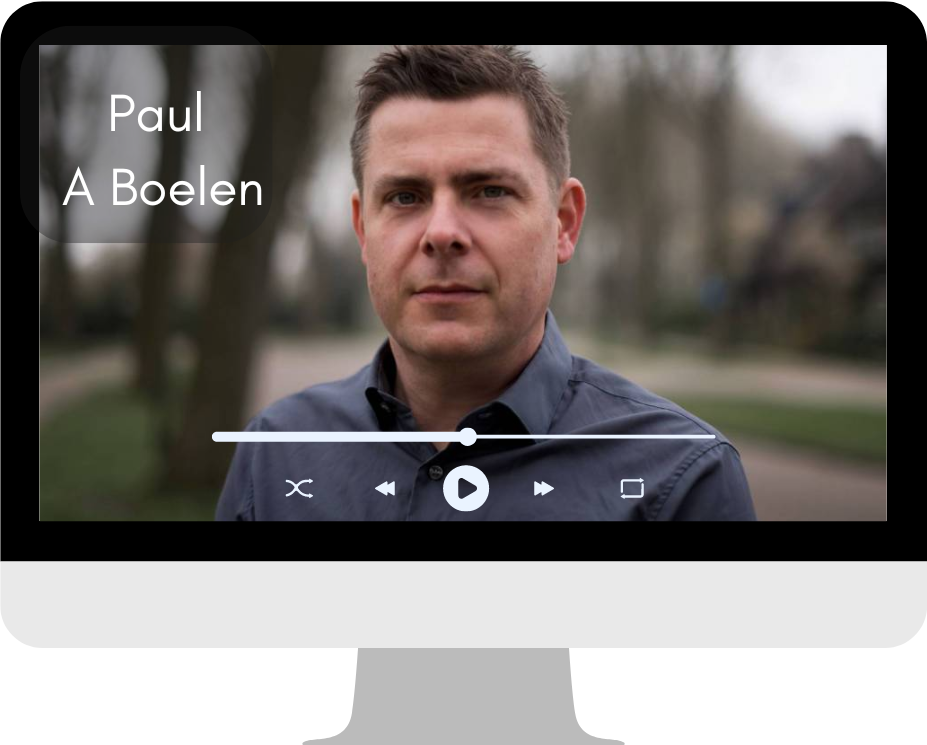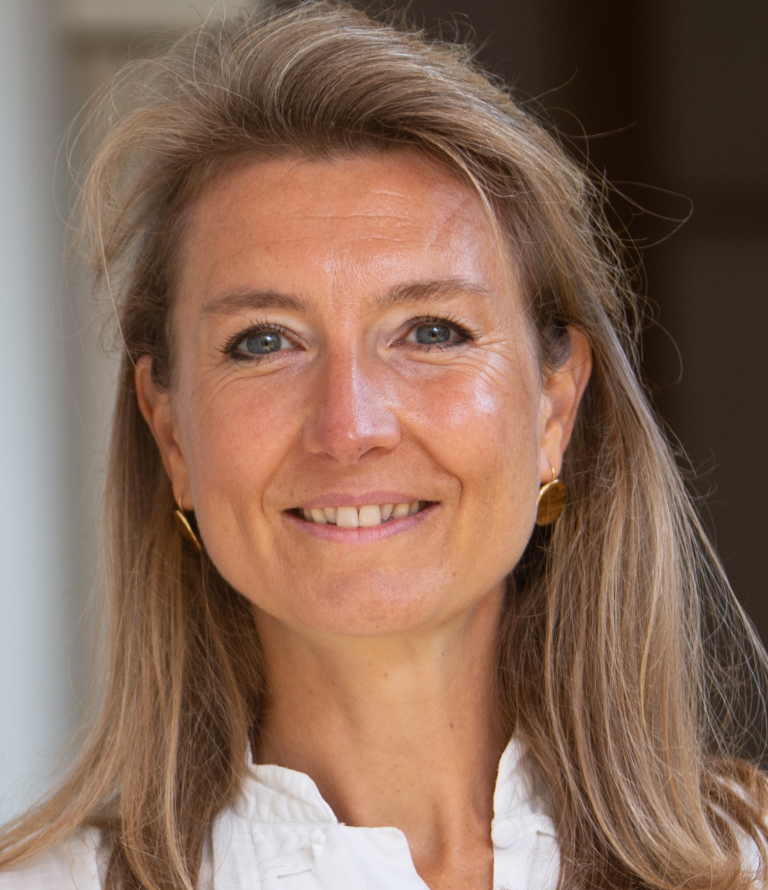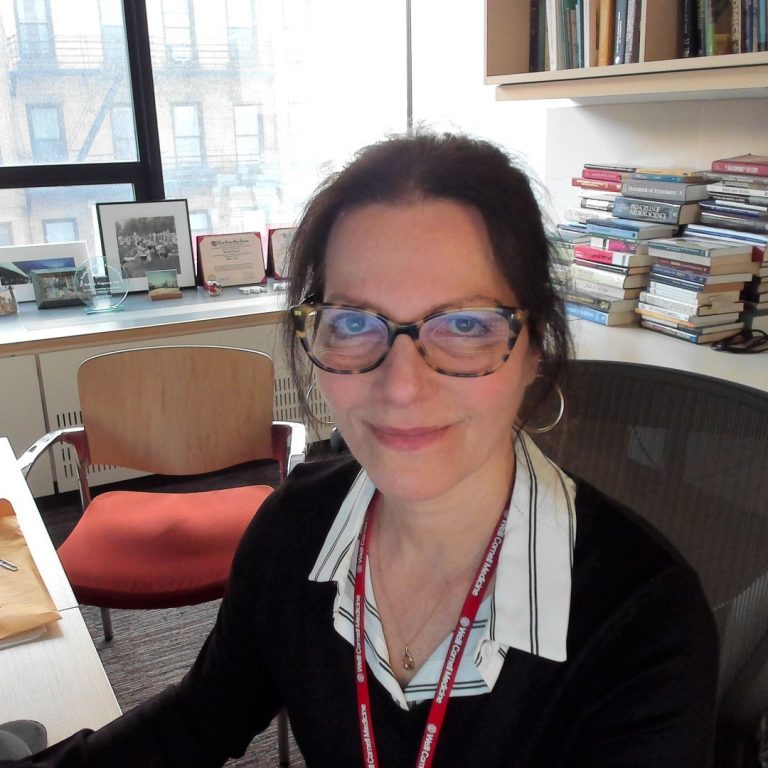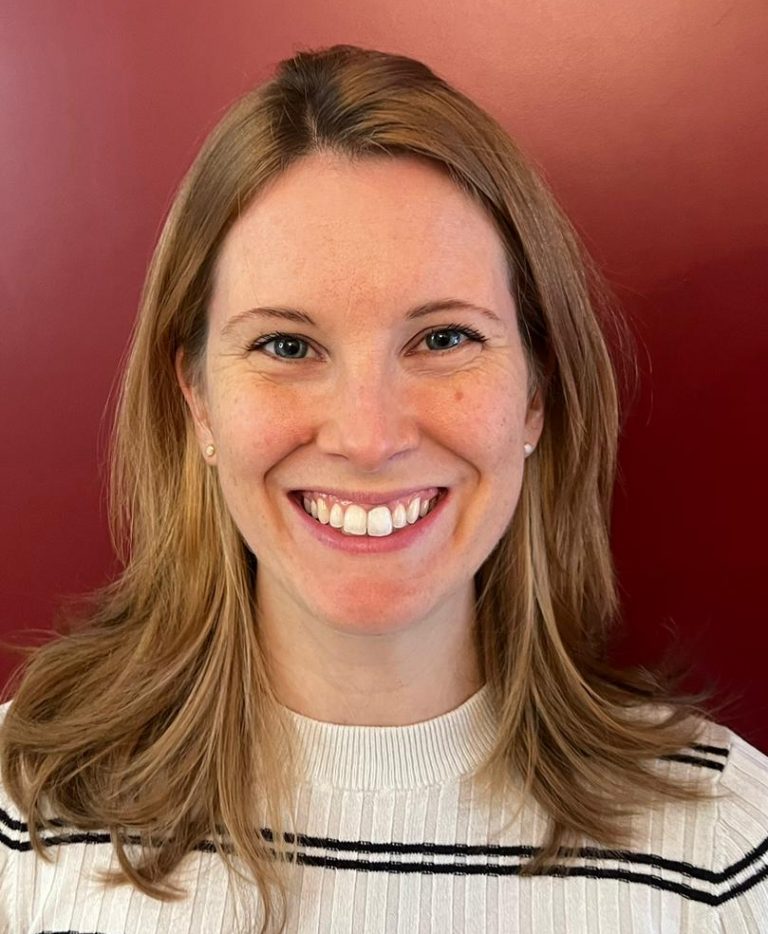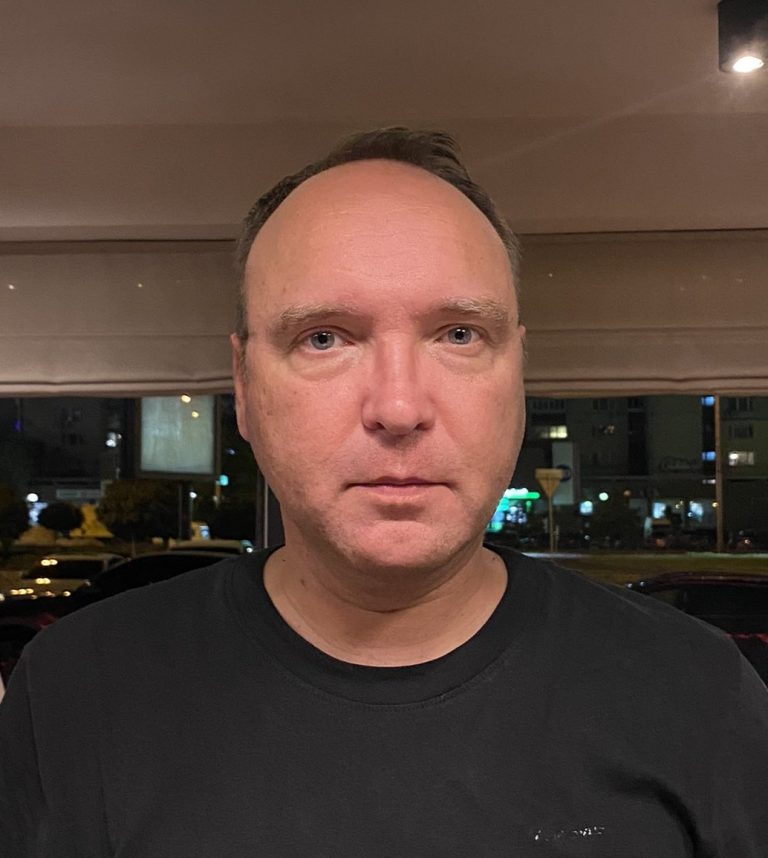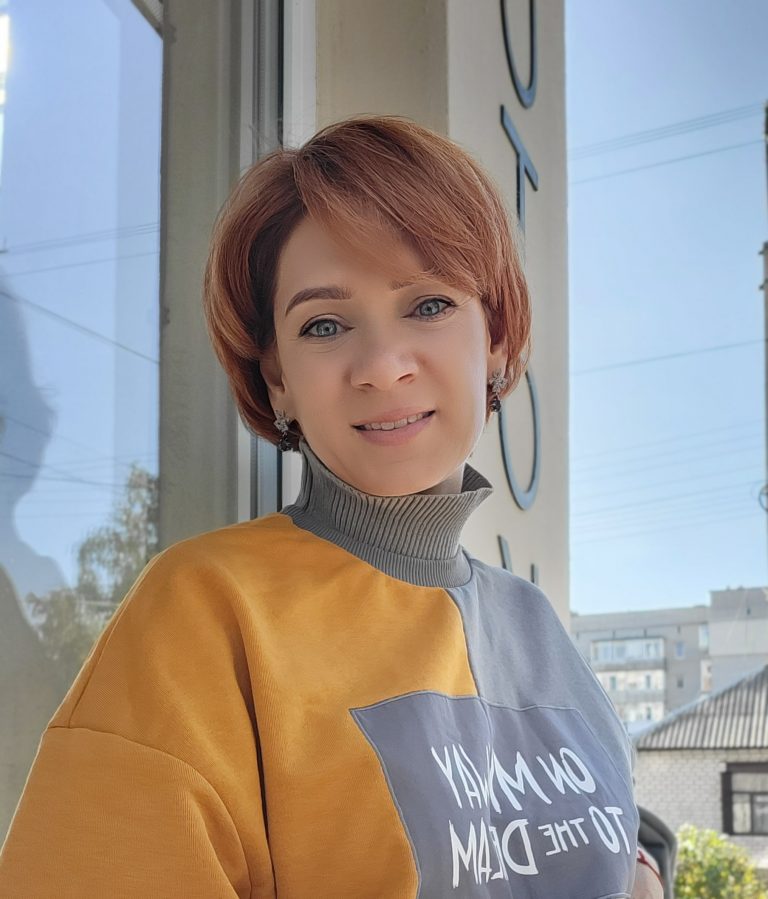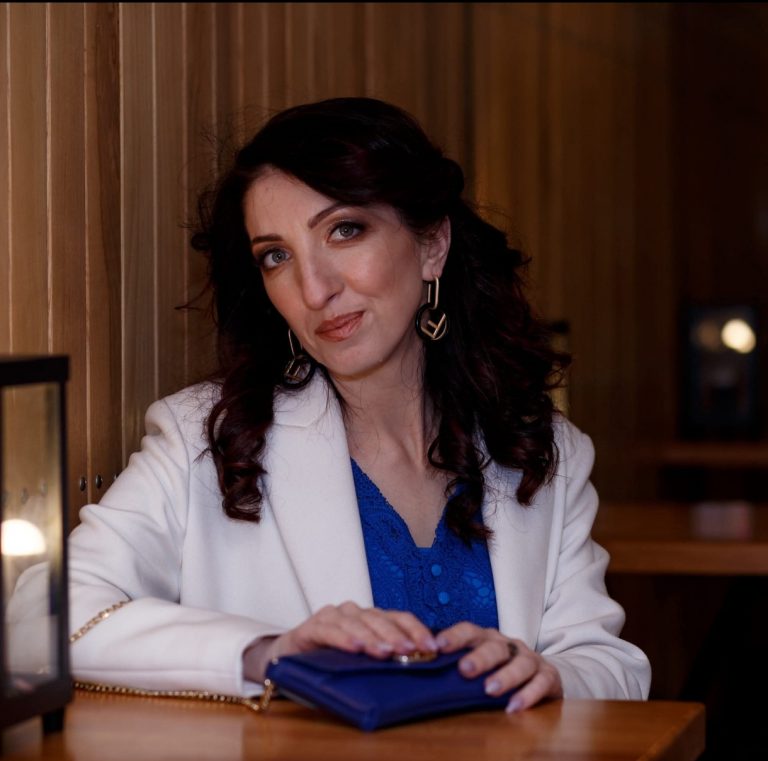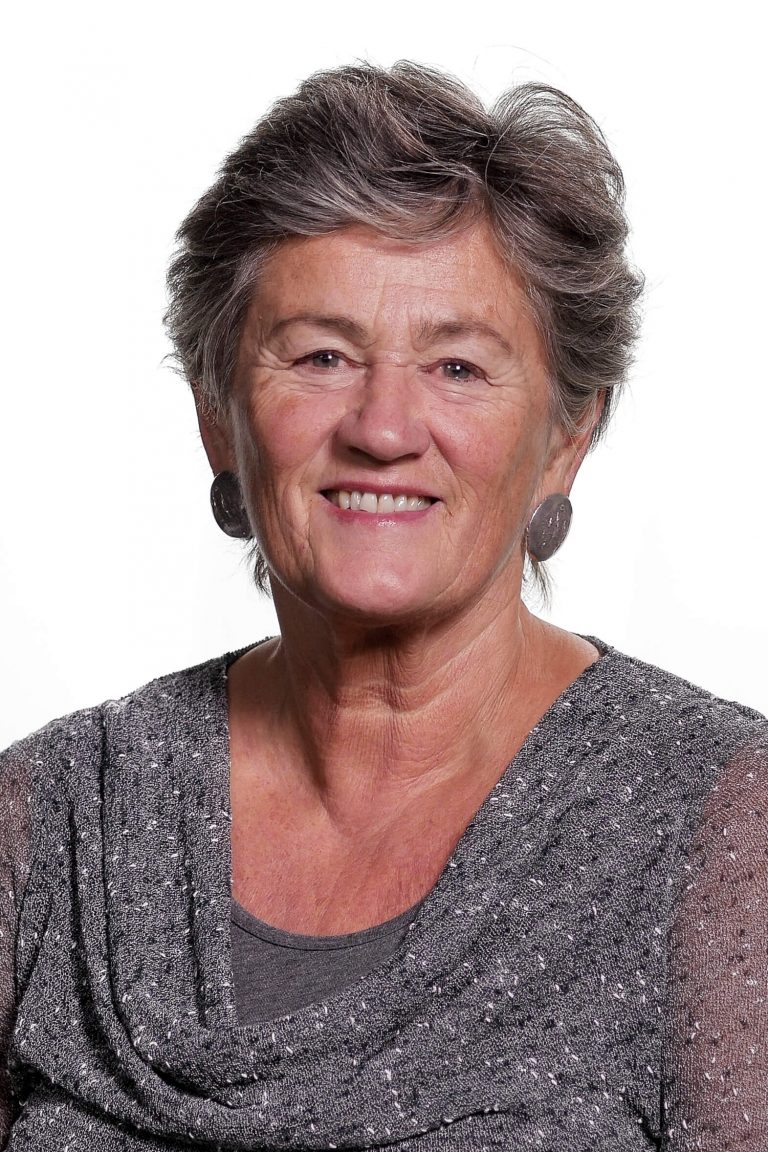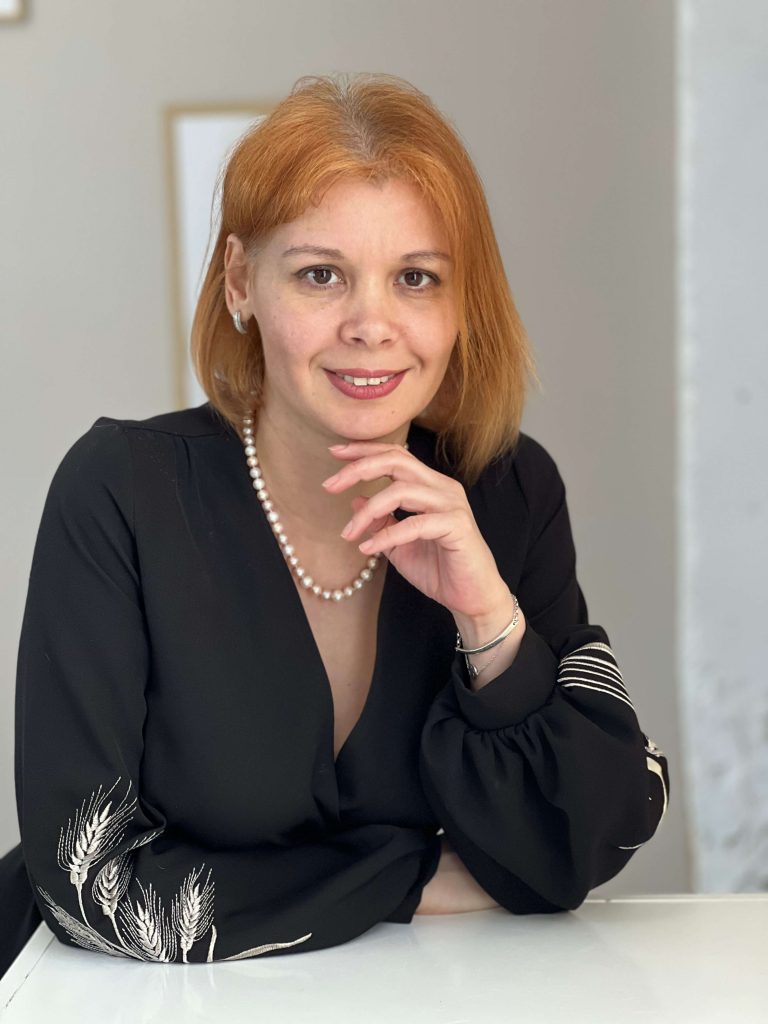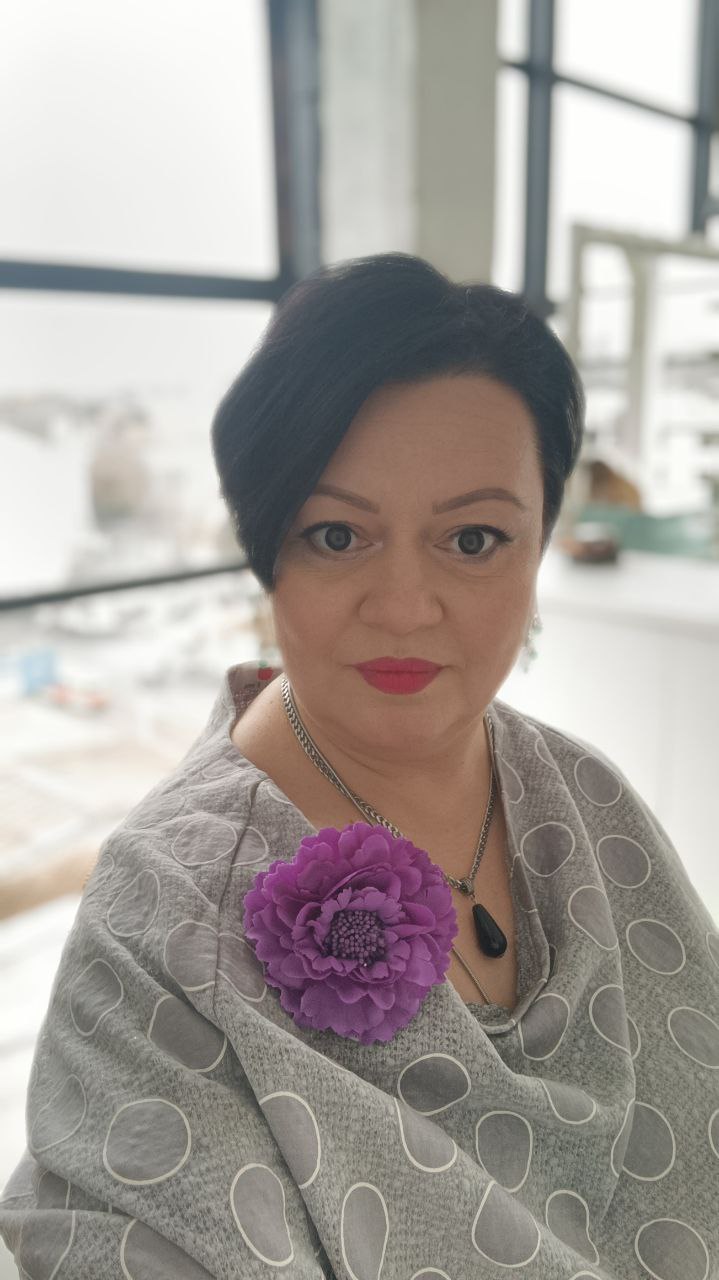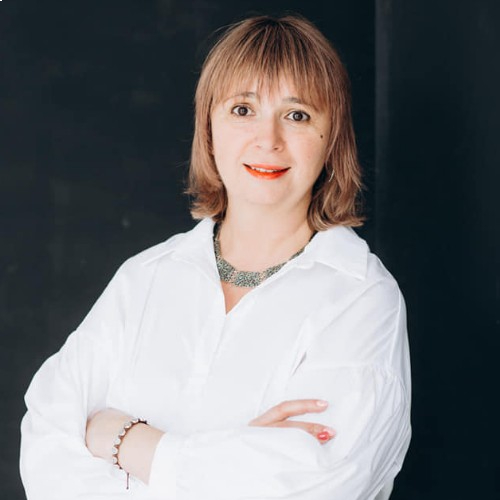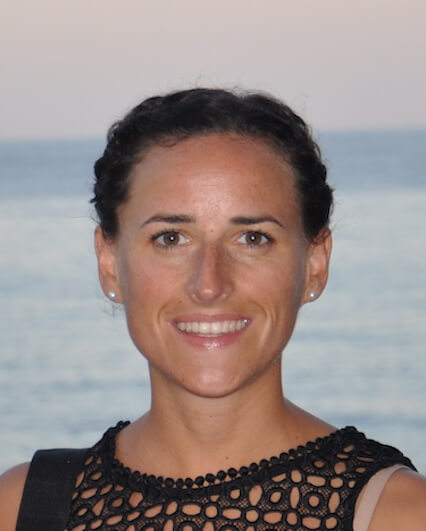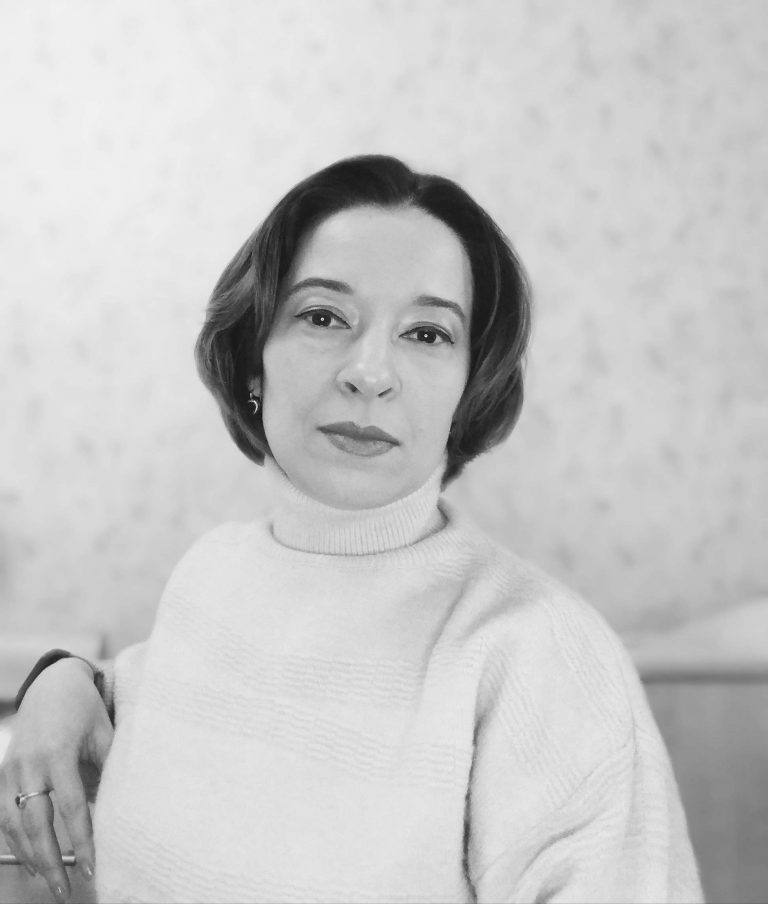Olena Rybalko
Ukraine
The topic of the speech:
Psychological interventions in communities that have been occupied and suffered mass losses. Practices for working with numbness and distrust
Psychotherapist specializing in grief and loss, member of the International Association of Psychotherapists specializing in grief and loss, art therapist. She is a qualified psychologist with two higher education degrees – in psychology and biology. Her practical experience covers a wide range of topics, such as psychological support after the loss of a loved one, post-traumatic stress, depression, anxiety, fears, phobias, panic attacks, PTSD, self-doubt, low self-esteem, unfulfillment, and poor quality of life. Olena also works with communication difficulties, personal crises, existential problems, psychosomatic disorders, and interpersonal relationships.







